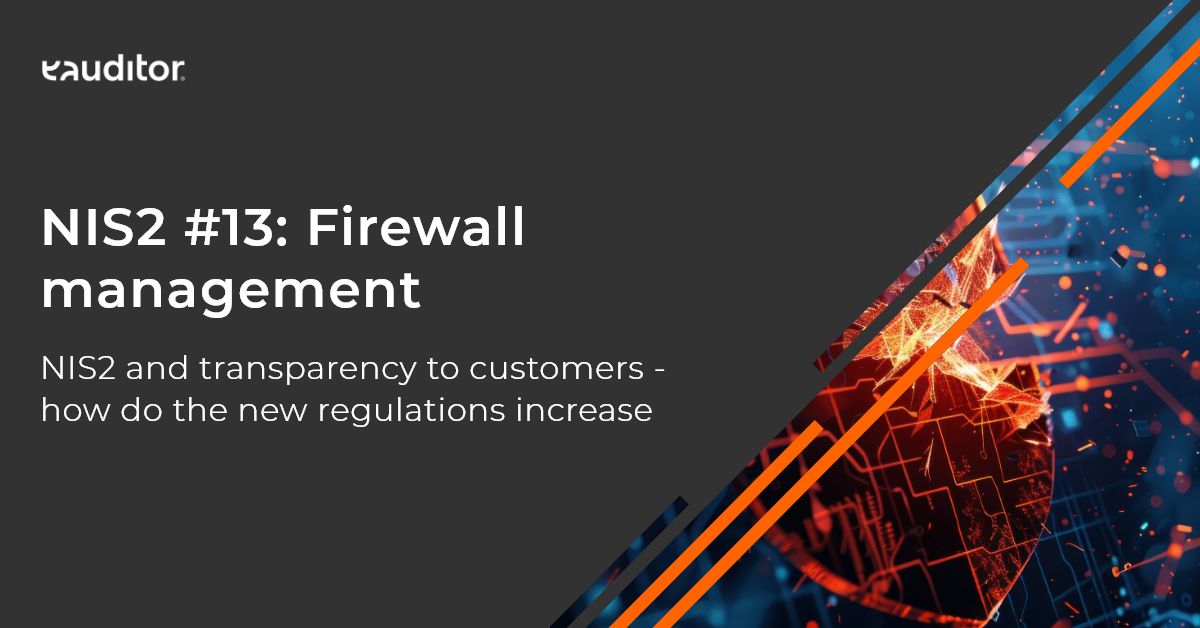The Law on Whistleblowers
How to prepare for the coming changes?
Key information for firm
The European Union has introduced a directive on the protection of whistleblowers, which each member state must implement in its kray. In Poland, to date, regulations on whistleblowers have been scattered in various legal acts, such as the Labor Code and the Anti-Money Laundering Act. The new directive aims to create a single piece of legislation that will provide comprehensive protection for whistleblowers.
Purpose of the Directive
The directive aims to unify these regulations across the EU and introduce comprehensive protection for whistleblowers. It provides detailed forms and channels for whistleblowing, ensuring full confidentiality and prohibiting actions sanctions wpresent whistleblowers. Previous laws, or in many countries the lack of them, made those with knowledge of wrongdoing afraid to report it because of possible penalties.
Deadline wdrove i new octivities
By September 25, 2024 companies must wdrove new obligations regarding whistleblowers. whistleblowers. On that date inhe regulations on internal reporting, public disclosure and criminal provisions will come into effect. This means that both the public and private sectors (with the exception of companies with fewer than 50 employees, and municipal and county units with fewer than 10,000 residents) will have to establish internal notification procedures.
Obligations for companies to manage procedures
1. evaluation of current procedures:
Conduct a thorough analysis of existing whistleblower policies, including an assessment of their effectiveness and adequacy to meet regulatory requirements.
2 Establish secure notification channels for whistleblowers:
Introduce transparent and confidential channels for reporting violations that are easily accessible to employees at different levels of the organization.
3. training for employees:
Regular training on reporting procedures and whistleblower (whistleblower) protection to raise awareness among employees about reporting options and their rights.
4 Monitoring effectiveness:
Regularly review and update implemented procedures to ensure that they are continually adapted to changing legal requirements and function effectively in practice.
5. promote a culture of openness:
Creating an environment where employees feel comfortable and safe voicing their concerns, which may require a change in organizational culture through appropriate support and education.
The need for appropriate systems to receive notifications and conduct follow-ups may require investment in technology and processes.
Companies are required not only to comply with legal requirements for managing whistleblowing procedures, but also to use these activities as a tool to improve management and increase the confidence of all stakeholders.
Benefits of compliance with the Act for Whistleblowers
- Improved risk management through compliance with the Whistleblower Act through earlier detection of potential violations and faster response times.
- Increased trust from employees, customers and business partners, resulting in a better reputation for the company.
- Reduce legal and financial risks associated with irregularities and be able to minimize potential losses.
Importance of the law for phe future of biznes
The Whistleblower Protection Act emphasizes ethics, accountability and transparency in business.
It promotes ethical business practices and protects whistleblowers.
Companies that effectively implement its provisions have a chance to strengthen trust and build a stronger corporate culture.
Implementation of the law is not only a legal obligation, but also an opportunity to improve risk management and strengthen reputation.





